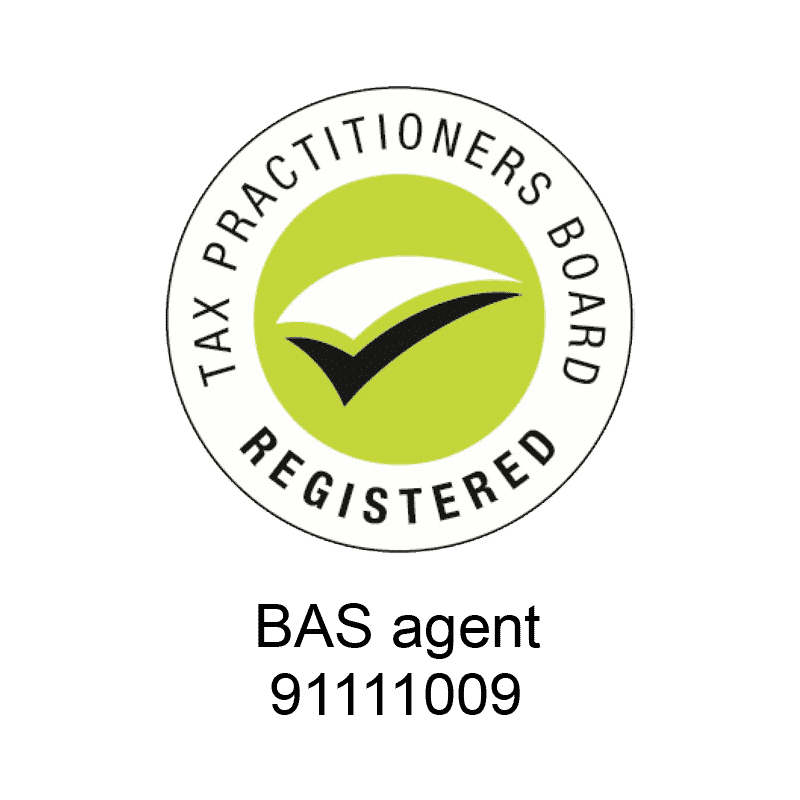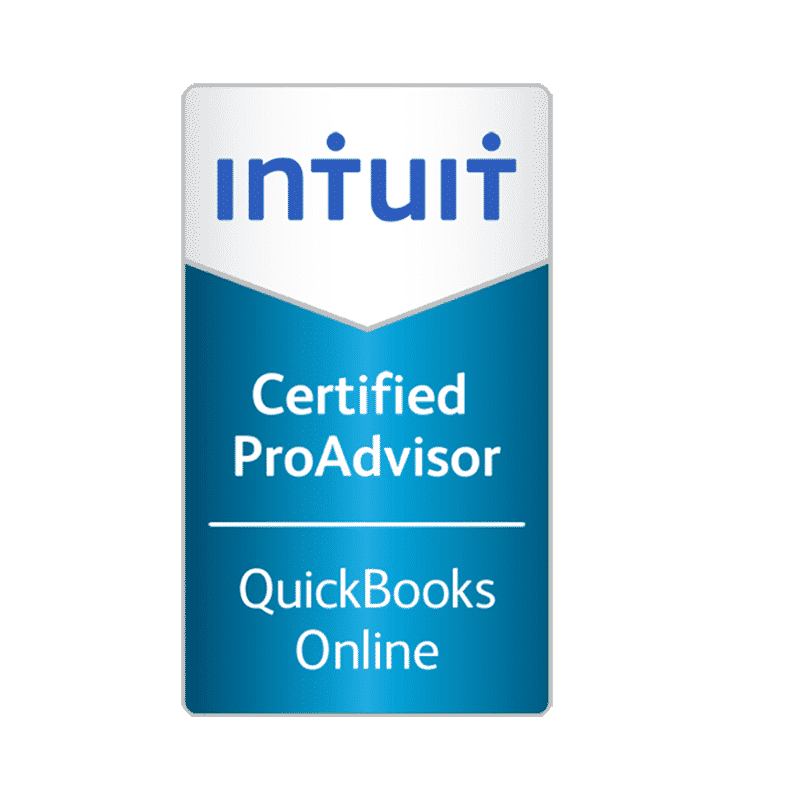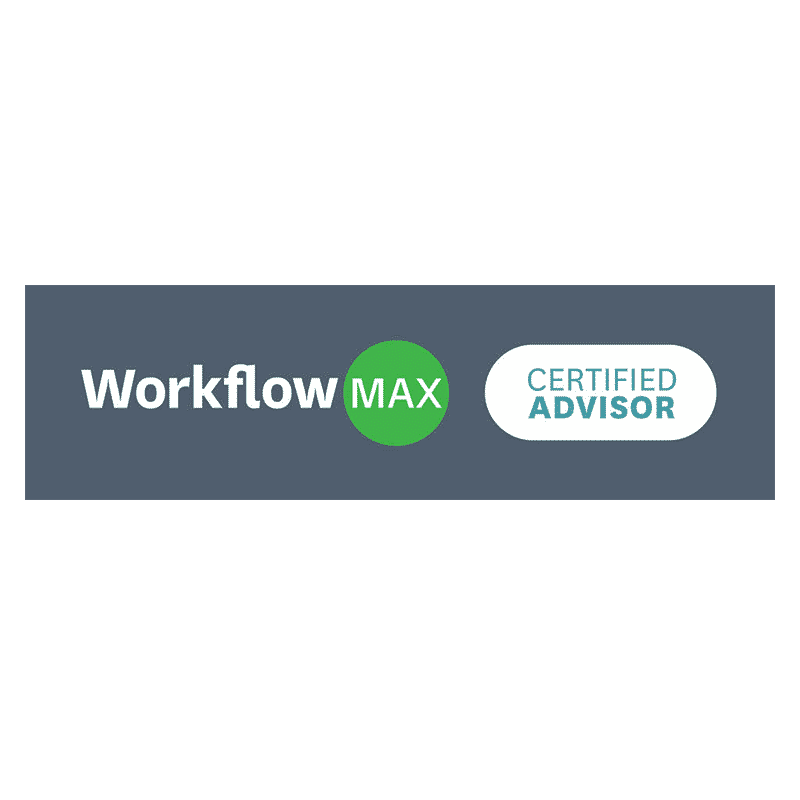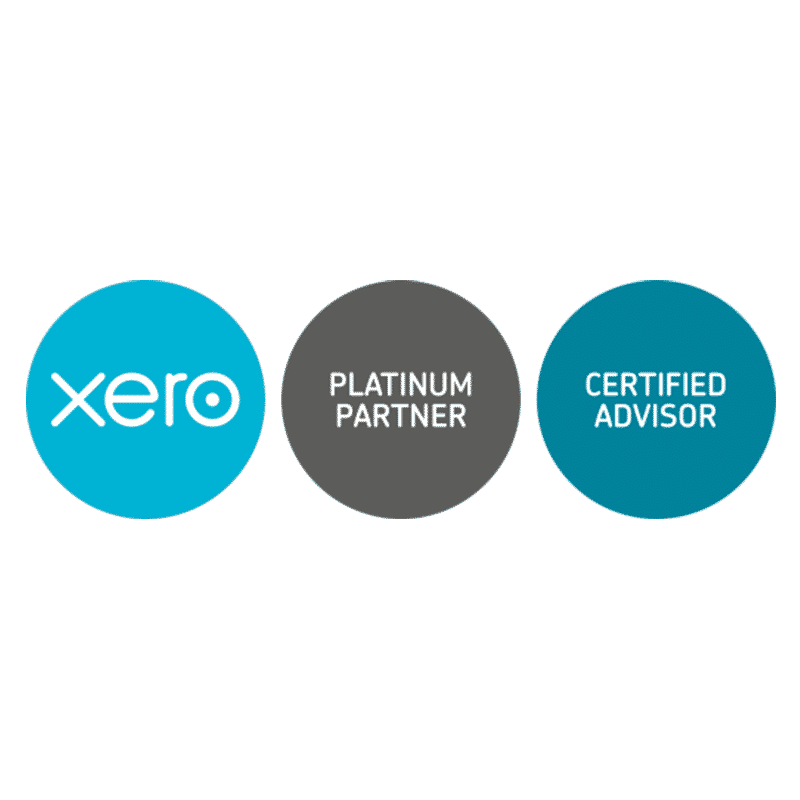Running a small business is an exciting journey full of twists and turns, and hopefully more ups than downs.
But then payroll comes due and tax time is sneaking up. Suddenly you feel woefully unprepared: your spreadsheets are a mess and you’re missing a lot of important information because you were busy with the day-to-day, trying to grow your business.
Sound familiar? Accounting is one of the most vital skills for commercial success, yet many small business owners overlook its importance.
Why Accounting is important for small businesses
Accounting is an essential part of running a business in many areas:
- Invoices, receipts, and quotes
- Paying bills
- Wages, PAYG tax and superannuation
- Quarterly BAS reporting and EOFY activity
- Storing financial and employee information
- Forecasting and budgets
With around 50% of Australian businesses failing in the first 5 years, upskilling yourself with a Perth business course is a no-brainer. Not only do accounting skills keep your business moving, but they also ensure you are in the ATO’s good books all year round.
Fundamental Accounting skills for every small business
1. Economic entity assumption
Economic entity assumption says the transactional data of a business is different from that of its owners, making it one of the most important things you should know. Keeping your business and personal bank accounts separate and retaining transaction data shows that personal and business are not intermingled.
2. Bookkeeping
Basic bookkeeping is one of the crucial building blocks to keep a business afloat. In a nutshell, bookkeeping skills include tracking money in and money out, recording business payments, frequently updating records, and ensuring transaction documents are retained in line with legal requirements.
3. Financial statements
Based on your (thorough) bookkeeping, you will need to generate important financial statements. The essential documents include income statements, cash flow statements, and balance sheets. Together these paint a picture of your business’ health and help you make decisions about the future.
4. Cash flow
Setting up a cash flow system is more than checking your bank balance from time to time. Monitoring cash flow will help you understand your business position, forecast, and make investment decisions. Businesses who fail to understand their cash flow will not grow or retain a healthy profit.
5. Tax
Small businesses are responsible for periodic activity statements and tax payments. However, there is more to it than paying the ATO every quarter; you should also know your deduction entitlements and the requirements for employee tax to ensure you do not fall foul of the taxman.
6. Forecasting and budgeting
You don’t need a crystal ball to see into the future if your accounting skills are up to scratch. Accurate forecasting is the culmination of all the previous steps. With enough data, you can make educated assumptions about business growth, cash flow, and market fluctuations.
Business training courses for essential Accounting skills
If you need to brush up on your bookkeeping, we can help. WiseClick Training offers a wide range of accounting and bookkeeping courses, most of which take less than a day and will give you the skills you need to balance your books all year long.
Check out our Perth business courses covering all those essential small business accounting abilities and more.







